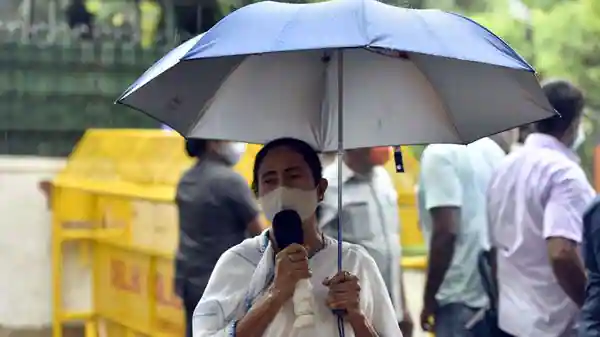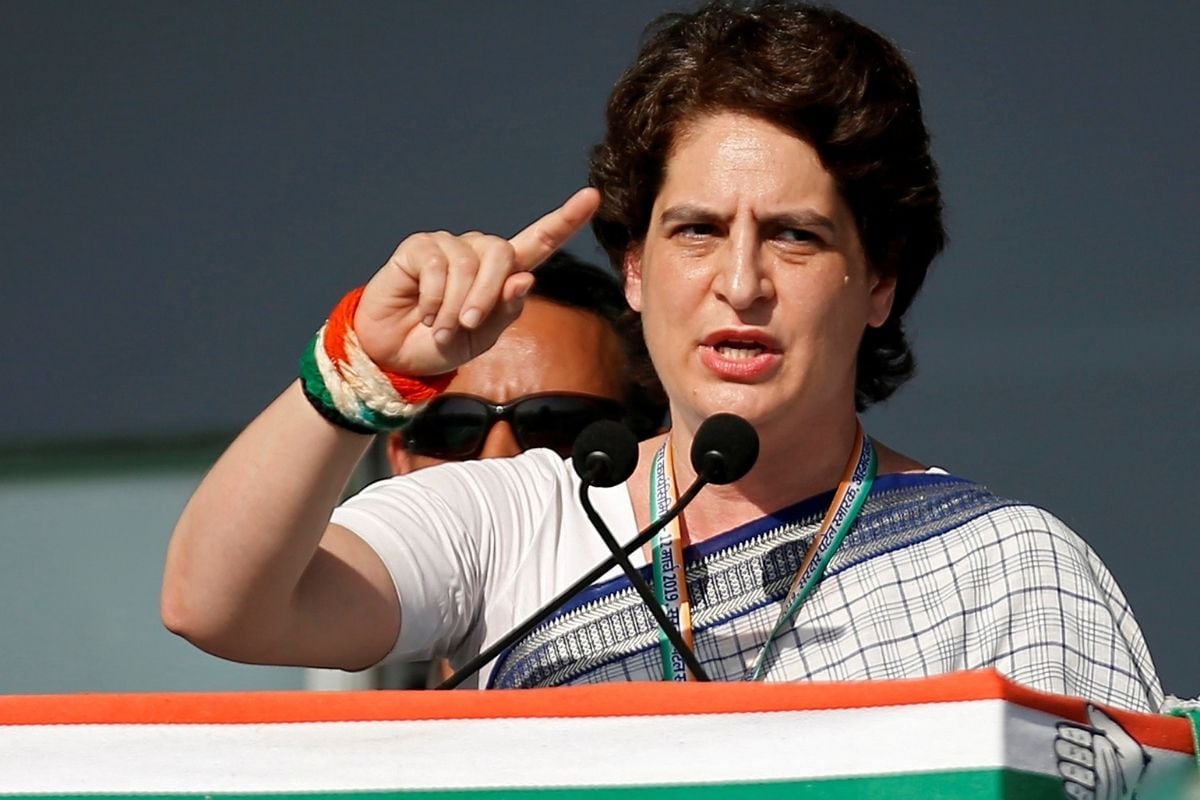The government has made it mandatory for the 18-44 age group to register themselves on the CoWIN portal and get an appointment for vaccination against coronavirus, saying walk-ins will not be allowed initially to avoid a “chaos” at immunisation centres once the inoculation drive opens up substantially.
However, those aged 45 years and above can still avail the facility of on-site registration to get vaccinated, officials said.
Amid an unprecedented surge in coronavirus cases in the country, the government has decided to allow everyone above 18 years of age to get vaccinated from May 1.
Registration for vaccination for all those aged 18-44 years will begin on the CoWIN platform and Aarogya Setu App from April 28.
The inoculation process and documents to be provided to get the jab remain the same.
“An increased demand is expected once the vaccination is opened for all. For the purpose of crowd control, registering on CoWIN portal and making an appointment to get a vaccine will be mandatory for those aged between 18 and 45 years. Walks-in will not be allowed in the beginning so that there is no chaos,” an official said.
From May 1, the present system of private COVID-19 vaccination centres receiving doses from the government and charging up to Rs 250 per dose from people will cease to exist and private hospitals will procure directly from vaccine manufacturers.
According to the Liberalised Pricing and Accelerated National COVID-19 Vaccination Strategy, COVID-19 vaccination will continue to be free at government vaccination centres that receive doses from the Centre for eligible population groups comprising healthcare workers, frontline workers and people above the 45 years of age.
Vaccine manufacturers would make an advance declaration of the price for 50 per cent supply that would be available to state governments in the open market before May 1.
Based on this price, states, private hospitals, industrial establishments may procure vaccine doses from manufacturers.
Private hospitals would have to procure their supplies of COVID-19 vaccine exclusively from the 50 per cent supply earmarked for “other than the Government of India channel”.
“While the Centre has liberalised the vaccination policy, it does not mean that vaccines will be sold in pharmacists or chemist shops in the open market,” Health Secretary Rajesh Bhushan had clarified on Wednesday.
The price charged for vaccination by private hospitals would be monitored, he had said, adding, “The present dispensation where private COVID vaccination centres receive doses from the government and can charge up to Rs 250 per dose will cease to exist.”



